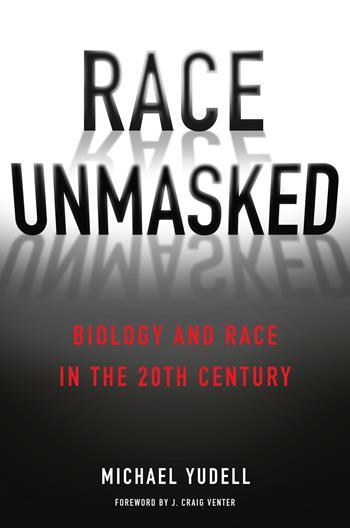Rethinking 21st Century Racism on the Way Home
GeneWatch
Council for Responsible Genetics
Volume 27, Issue 2 (May-July 2014)
Victoria Massie, Ph.D. Candidate
Department of Anthropology
University of California, Berkeley
Returning home from fieldwork can be difficult when you find yourself caught between an unintended call back to your project and the impending reality that home has lost its capacity to act as sanctuary. That was at least the situated liminality I encountered in the John F. Kennedy International Airport on July 16, 2013. Fresh off of a flight from Belgium after leaving Cameroon, I met America at a crossroads. It had been a little over 48 hours since the news had circulated around the country, and the world, that self-proclaimed neighborhood watchman-turned-vigilante George Zimmerman was found not guilty for stalking and shooting in the chest at point-blank range a young 17 year-old boy, Trayvon Martin, who was simply returning home after buying some skittles and iced tea.
Indeed, since I had left it in May, America had proven itself audacious and arrogant in ways that I could not stomach. To think it had only been a few days earlier that I met with a young Cameroonian woman at a café in downtown Douala to inform her that, despite the election of Barack Obama, America still has yet to fully confront the legacy of racism. That it still haunts those bodies whose skin does not prove bright enough to mirror the clouds. That despite her dreams of changing the world through medicine, America was not necessarily likely to welcome her, at least not with open arms. That she, like me, like my family, like many of my friends, would come to find herself engaging in the fight of her life in the pursuit of her happiness away from home.
As I sat in the waiting area, anxious to board my final flight to San Francisco, I doubted my advice had been marked by anything more than naïveté. After all, surrounded by television screens in every direction, all of which seemed to be tuned in to the same program on CNN, I listened as one of the jurors, protected by the veil of anonymity in a world marked by surveillance, echoed the President’s official statement that the verdict was justice served.
I was not thirsty enough to swallow the audacious idea that one could condone the possibility that it could ever be rational to consume black life, my life, with all of its innocent willingness to exist, with impunity…
…Much work has been done to discuss the problematic ways American racial categories are, without even a second thought, being re-inscribed into the genome through what has come to be called genetic “ancestry.” And though its applications were first limited to the field of biomedicine, the burgeoning field of direct-to-consumer DNA tests has turned ancestry testing into the latest American pastime. From spit-parties at New York fashion week to Baptist church services and family reunion backyard barbeques, it seems most Americans know someone who has taken a genetic ancestry test, or have done so themselves. While I was working at the Center for Genetics and Society in Berkeley this summer, the director, Marcy Darnovsky, shared with me her recent encounter with a woman in a checkout line in Trader Joe’s. With a voice that carried across the aisles, the woman standing in front of her announced to a friend – and, unintentionally, the rest of the grocery store – the various percentages of African, European, Asian and Native American ancestry seamlessly replicating within her…
Read the entire article here.
